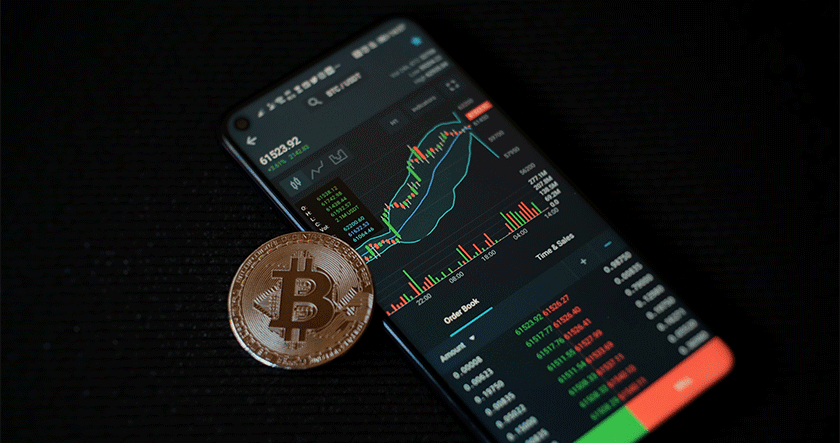It has been said that the Securities and Exchange Commission (SEC) is akin to a mafia with Gensler as the capo. Problems are resolved under the table, schmoozing with the boss behind closed doors, rather than following basic, knowable rules.
Bloomberg’s Matt Levine puts it this way, referring to a September speech that Gary Gensler, chair of the SEC, gave about crypto regulation:
He didn’t say “I have asked the staff to write rules that will let entrepreneurs register tokens.” He said “I’ve asked the SEC staff to work directly with entrepreneurs to get their tokens registered.” Gensler’s paradigm is not that the SEC will write rules, and you can read them and follow them and register your tokens. The paradigm is that you walk into the SEC’s office and say “here’s a token, can you help me figure out how to register it,” and they do. There was no suggestion of new rules, but of good customer service in adapting, interpreting or perhaps waiving old rules.
This “make it up as you go” attitude certainly creates a degree of unpredictability when it comes to the SEC, and in emerging markets like crypto, we’re watching closely as plans are telegraphed and precedents are set. In the absence of rules, we’re stuck with precedents instead as guideposts.
Specifically, how New York’s Department of Financial Services (DFS) is treating Coinbase and Binance is an interesting development worth keeping an eye on.
How much is a DFS badge worth?
An article on Fortune gives us an idea of the hidden costs associated with not following the non-existent rules. Now, the obvious price tag, the $100 million settlement Coinbase and DFS reached, is right out in the open. That sum includes a $50 million penalty and another $50 million “to boost compliance efforts aimed at blocking potential criminals from using the exchange.”
These are less interesting than the hidden costs.
Fortune hypothesizes that Coinbase is a new support pillar in the crypto sector. Crypto is already plagued, says the piece, by firms that are either imploding like FTX or in rather dubious legal situations, like Binance.
Here’s the thing: seeing the world’s biggest crypto exchange mentioned in the same breath as a crypto exchange that was never a peer, and happens to have failed, doesn’t quite make sense. Why has Binance found itself in this perilous position, while Coinbase is being given preferential treatment in the form of kinder words and gentler by the press?
What exactly is going on here?
New York’s DFS tells us the Coinbase fine is related to failures in its compliance program. But what does regulation look like in crypto? The answer is, we still don’t know. (In the meantime, looks like a DFS badge of “compliance” with these not-yet-written regulations is an option, with a pretty steep price tag.)
Pay your fees, then back to business as usual
Eric Soufer, the head of the crypto and fintech practice at Tusk Strategies, had a choice presentation of this transaction. Soufer makes it sound like Coinbase just views the $50 + $50 million as an investment toward some kind of compliance with future crypto regulations.
Does regulation mean the crypto markets will be safer? Does anyone even know Coinbase has a DFS badge of approval?
When it comes to what we want in a crypto exchange, the basics are what’s important. Fortune must know Binance is one of the few exchanges remaining that invite any kind of trust. Listing it next to a collapsed name is a step beyond taking a step to change things up.
Coinbase might have the shiniest compliance badge, but it also has a track record of doing to its users what it isn’t supposed to. Instead of focusing all their attention to comply with the regulators, perhaps they could instead zone in on extending the same kind of energy to their customers.
Long-term value is still one of the primary buzzwords in the crypto market. Sometimes even more than getting rich quickly, crypto holders want to use digital currencies to hold their money. As we move into this year and onwards, track record with consumers might become a kind of commodity a company can’t buy. There is already a diminished list of companies who haven’t wronged their clientele. It’s more convenient to simply list ways a company hasn’t wronged you yet.
Could accountability be the defining milestone for crypto in 2023? Will we see some kind of pressure around human rights in the crypto space? Maybe a standoff with regulators is the thing to draw out the best or the worst in companies. Whether we even want to see either, and whether this will be the year for it, is yet to be seen.
